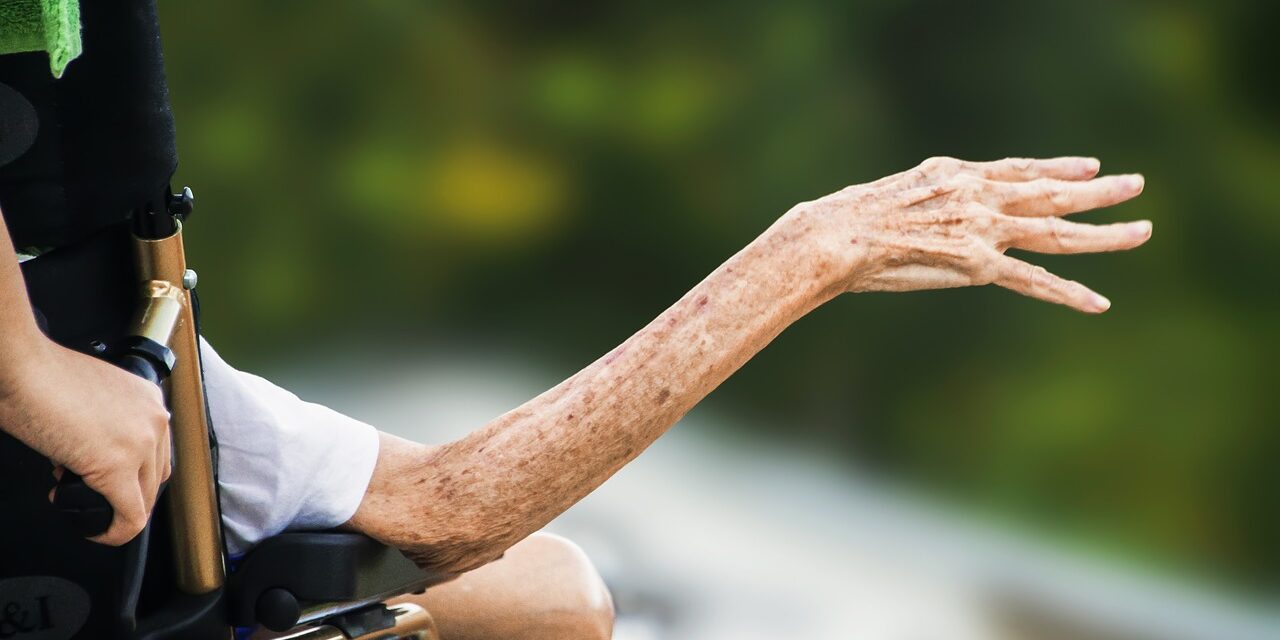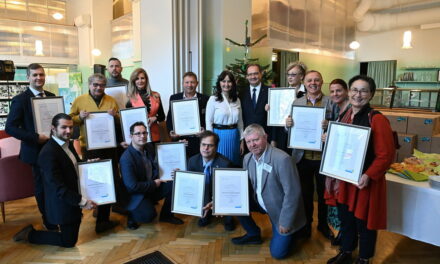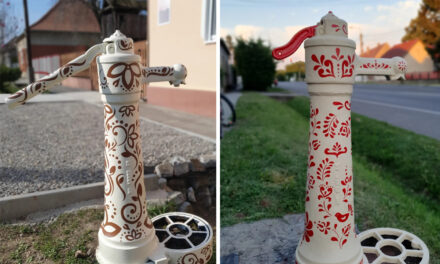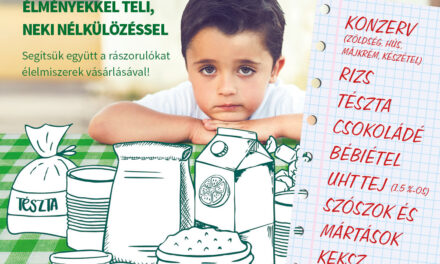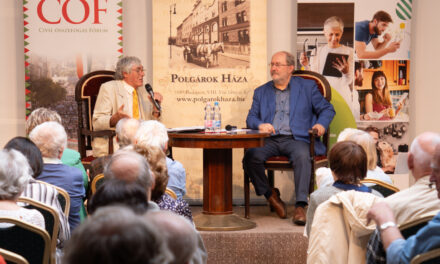The voluntary Hungarian nurses who are sent on their journey by the Szent Balázs Foundation carry out gap-filling work.
The young Hungarian volunteers participating in specialized education, for whom the Szent Balázs Foundation in Marosvásárhely provides nursing training, help with the care and spiritual support of patients in hospitals and nursing homes. Zsuzsánna Szakács, the foundation's employee dealing with volunteers, spoke about the many positive benefits of the training.
The Szent Balázs Foundation in Marosvásárhely contributes to human-centered patient care with its training and programs, which has been organizing training for Hungarian-speaking university students studying health sciences for more than 14 years. The person in charge of the program is dr. Ildikó Vicsi, vice president of the foundation. Zsuzsánna Szakács, an employee of the foundation who deals with volunteers, said that two types of training series are held every year:
one trains those interested in patient care and elderly care, and the other in the framework of school prevention training.
The nursing training can be used by university students studying health sciences (medical students, nurse trainees, balneo-physiotherapy students) who, after completing the training, will be entitled to enter a nursing home or the Marosvásárhely County Emergency Hospital for voluntary service, inpatient, bedridden, mainly to assist in the care of patients with disabilities.
"Actually, the assistants will be the helpers of the nurses working in the institutions: they can thus perform tasks that the employed professionals otherwise do not have time for"
said Zsuzsánna Szákács.
As an example, he listed that the volunteers help to make patients sit up, feed them, drink them, bathe them, accompany them to various examinations, listen to them, and talk to them. He pointed out that there is a huge need and demand for this type of work in the Romanian health care system, as the system is constantly struggling with labor shortages. In order for volunteers to enter these departments, the head physician must request their help.
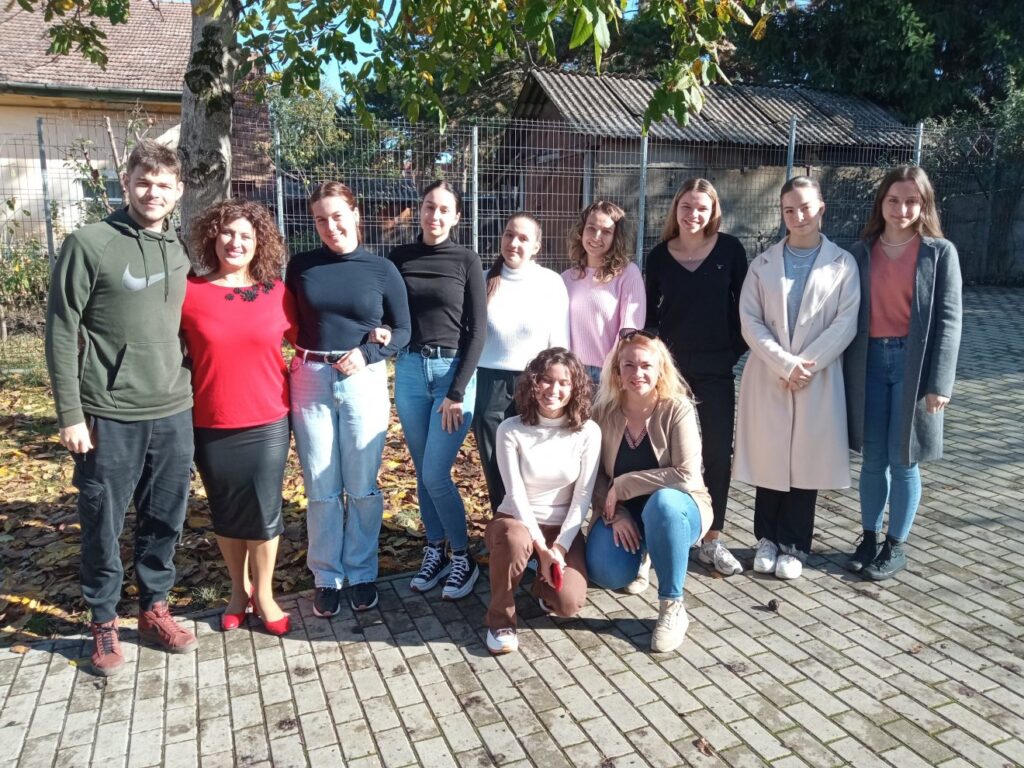
Photo: Szent Balázs Foundation
He added that they not only go to the hospital to help, but also to an old people's home. In the latter, high school students, older than tenth graders, can also take up work, for whom this type of service can also help them in choosing a career, because in time they can see what the difficulties and beauties of patient care are, what it is like to listen to the stories of the elderly many times. There are even fewer employees in nursing homes, because working with elderly or possibly demented patients is quite exhausting and stressful work, and few people choose such work.
Zsuzsánna Szákács added that in this work, even small things count to a great extent, they mean a lot.
"Our work is important because we try to improve the quality of life of sick or needy elderly people with difficulties - also humanly, following Albert Schweitzer's words that "you have to make time for your fellow human beings, do something for others, even if it's something small for which you don't get paid you only get the rewarding feeling that you were able to do it""
- highlighted the coordinator. In response to our question, he also spoke about the interest shown in training in this direction over the past more than 10 years. She said that mainly women apply for the nursing training, but this is natural, since it is otherwise significantly girls who choose the assistant training - usually they have more patience and a greater ability to empathize. He emphasized that there is a huge need for this kind of spiritual care and support for patients in hospitals and nursing homes.
In response to our question, Zsuzsanna Szákács also said that the feedback received from the workers there, as well as from the elderly and patients, suggests that volunteers are eagerly awaited by those who need this kind of help.
"At the same time, I see that these young people also need to appreciate the system, its beauties, flaws, and dark sides in time. It is also important that we mainly work with Hungarian-speaking students, who may have come from regions where Romanian is not or minimally spoken, and here they can also practice the Romanian language in the hospital."
- highlighted the coordinator. In response to our question, he also said that this also applies the other way around: i.e., if among the patients there are Hungarian-speaking people who may not know Romanian well, then the presence and help of one of these volunteers will be good.
The training is held on the weekend, according to Zsuzsánna Szakács, the interest has varied over the years, it happened that there were 25 applicants, but also that fewer people were interested. The next session also includes a mental health trainer.
"Practical education is also necessary, because the volunteer who goes into the nursing home or the hospital may not yet know the basic patient care tasks in practice. However, despite their medical training, the volunteers cannot intervene in the therapy, but can only help with basic care tasks. A positive result of the training is that we can discuss the experiences and think further together"
the coordinator pointed out. He also mentioned that they organize a number of events aimed at the elderly and the sick, prepare small gifts for them at Christmas, and provide them with mental and spiritual support, because the foundation has a qualified psychologist as a member of the board of trustees, who helps the work in these processes. He said that this work is also spiritually fruitful for the volunteers, since even if it is sometimes painful, it also has a positive effect on their further professional efficiency, empathic skills, and personality development.
"In this way, the volunteers see and learn that healing work is primarily human-centered, multifaceted, and real, and a lot depends on primary care. It's also good that it works on a voluntary basis, because people come here who really do what they do from the heart, or maybe it's also useful because it can be found out for the young people if they are really suitable for this work, if they can commit themselves"
– pointed out Zsuzsánna Szákács.
The goal of the Szent Balázs Foundation, based in Marosvásárhely and established in 1992 to fill a gap, is to contribute to Christian-based, human-centered medical education and health promotion through programs that support the mental health of doctors and health workers. He considers it important to continuously research and search for gaps in healthcare and to find solutions for them, to provide interdisciplinary education and development, and to form a bridge between generations of doctors and medical students.
Featured Image: Pixabay

